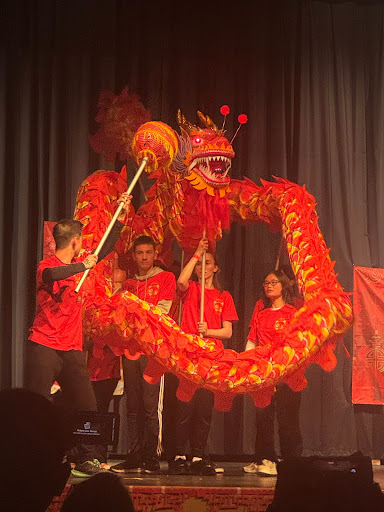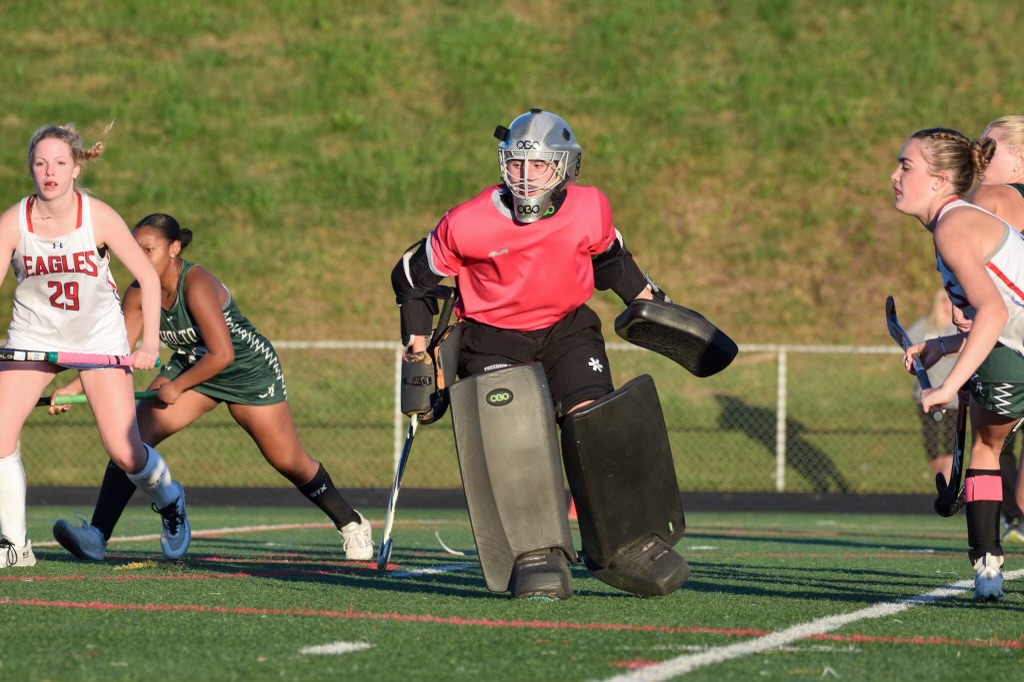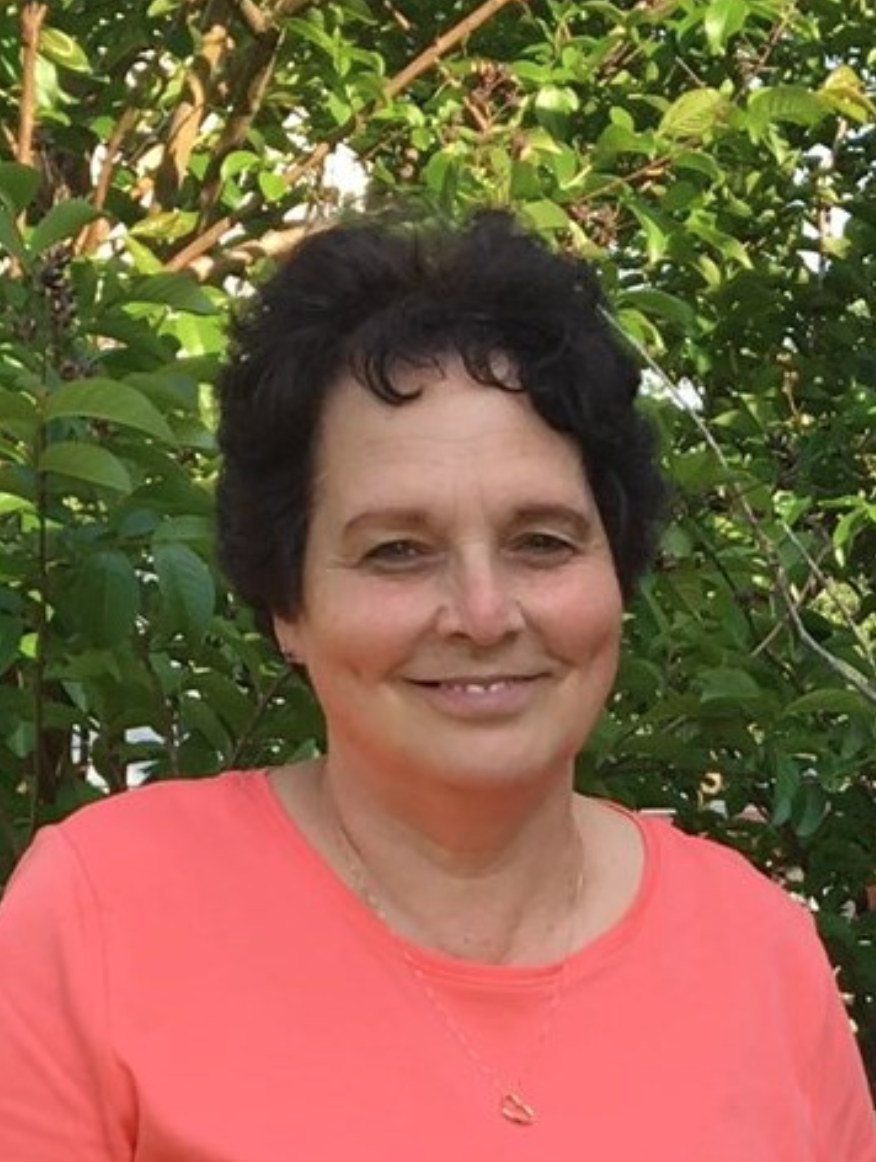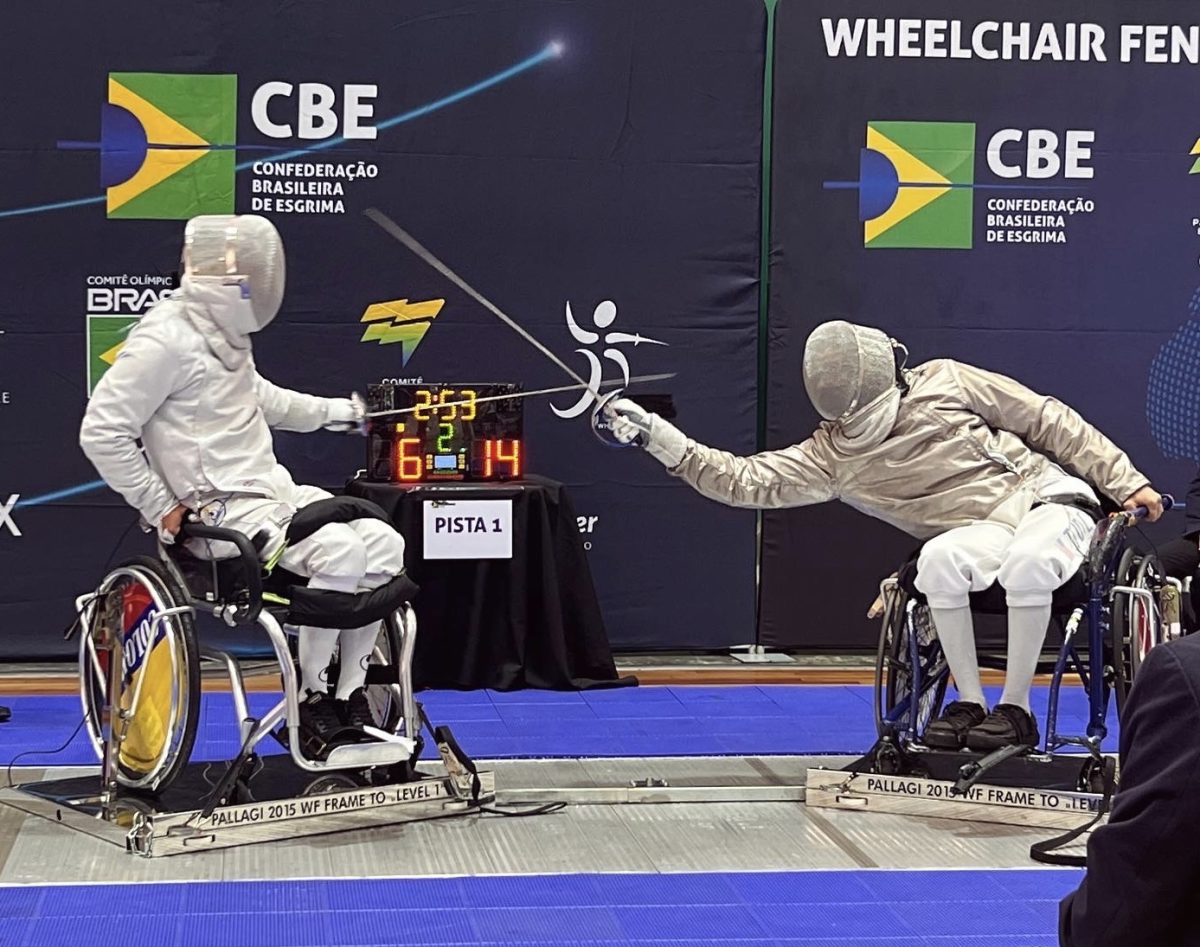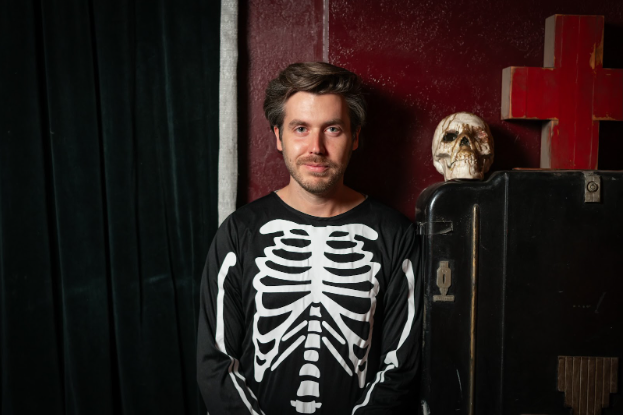The adventures of Peter Pan, the Lost Boys and Wendy Darling have captivated children and adults alike since “The Little White Bird ‘’ by Scottish novelist, J.M Barie, in 1902. Quickly becoming an icon of youth and magic, Peter Pan’s story has been adapted over 15 times. This year, the Centennial theater department took it upon themselves to portray one of the more recent adaptations, Kimberly Belflower’s “Lost Girl,” for this year’s fall play.
The tale of“Peter Pan” is well known and notoriously bittersweet. At the end of the story, Wendy and her brothers sacrifice the promised eternal youth and adventure of Neverland in favor of returning home to their parents. Despite some of Peter Pan’s best pals, the Lost Boys, choosing to join Wendy and her brothers back home, Peter simply cannot stand the thought of growing up, and with a heavy heart, Wendy and Peter part ways. Belflower’s “Lost Girl” explores what happened to Wendy Darling after leaving Neverland and how she grapples with the loss of her first love in a poignant story about the tragedy of growing up.
Centennial’s theater teacher and director of the show, Jacob Traver, unintentionally stumbled upon the play when searching for other shows to do this fall,recognizing Belfower’s name from her 2022 work “John Proctor’s the Villain”. “After one read through, I was like this is the play, we’re doing it” he recalls. He also mentions that this was particularly attractive for this year’s fall play because it was very different from the shows the theater department had put on in the past. “Lost Girl is very outside of any sort of like reality in a lot of ways, it’s placed in more of kind of like a mental state, it’s placed in more of a psychological state” Traver notes.
In my watching of the play, an hour and 20 minutes seemed to fly simply because there was so much to dissect and mull over as the play unfolded in front of you––a particularly remarkable feat as the set stayed relatively stagnant throughout the play, with most scenes taking place in Wendy’s whitewashed childhood nursery with the back window flung open, possibly in anticipation of the return of a certain flying friend.
Another intriguing aspect of the production was the interesting casting choices. Traver mentions that the script of the play itself allowed for fluidity between gender and racial roles and he tried to adhere to that sentiment as best as he could. “As far as gender it’s like looking at the flexibility of, ‘who’s the doctor?’, ‘who’s the therapist’… where are we confirming and where are we changing expectations of gender in the play” Traver explains. In Centennial’s adaptation, every member of the cast seemed to truly emulate the personas of their characters from their body language to the tone of their voice, in particular, Autumn Miller as the lead role of Wendy Darling.
Traver expressed that in casting Wendy, he was searching for a very specific portrayal: “Wendy has to have both this kind of like dreamlike curiosity to things as well as a very kind of inquisitive internal, like ‘I’m thinking about this and there’s power in that,’”

Miller, a junior at centennial and experienced thespian, has been participating in productions since middle school and first auditioned into theater company her freshman year of high school; Miller has played a role in every play and musical the Centennial theater department has put on since, but was particularly excited about participating in “Lost Girl.” “I knew pretty early on that[Wendy was] who I wanted to try to go for because I really liked the storyline and how it was written and I thought I could do a good job with it,” Miller explained. For Miller, “Lost Girl” taught her that “if you’ve liked something before you don’t always have to like it, …it’s okay to move on and like other things.” Miller fully and truly expressed this message to the audiences through her tear jerking internal dialogues, to the contemplative manner in which she moved about the stage.
One of my personal favorite characters was the role of Wendy’s mother played by junior Cynthia Urquiaga. Although her part was small, Urquiaga’s portrayal of the well meaning, introspective mother, with her passionate dialogues, gave audiences valuable insight into the impact Wendy, as well as her happiness, had on the people around her.
The show was truly unlike anything I had ever seen before with so many pivotal aspects of the journey of growing up being tossed around the stage in just an hour and 20 minutes. In such a short time, audiences watched Wendy try to make new friends, learn how to talk about her feelings, try to forget her first love, then try to find her first love and finally receive the closure she needs to move out of her childhood room.
The very last scene of the play is set to the cello piece of “The Swan” from “The Carnival of Animals” and depicts Wendy slowly but surely, reaching out and finally closing the panels of her nursery window. She then slowly walks to the edge of the stage, her arms full with a box of the last bits and pieces of her childhood room and with one last wistful look at the nursery, she walks off the stage.

This scene tied up Wendy’s story of the quest for happiness and closure perfectly and left the audience both appreciative that they had gotten to see Wendy evolve and grow and proud of the state of mind and happiness in which her story ended.
My takeaway from “Lost Girl” and the story of Wendy Darling and Peter Pan is that growing up is not a journey one embarks on in a straight line. Rather it is a series of mountains and valleys of heartbreak, and sadness, combined with joy and adventure. Wendy’s eventual self realization gave me hope that we all have the potential to reach happiness and closure, no matter what our past has held.
nc/ac/jy/ew
For more breaking news and photos, follow The Wingspan on Instagram and Twitter @CHSWingspan.





